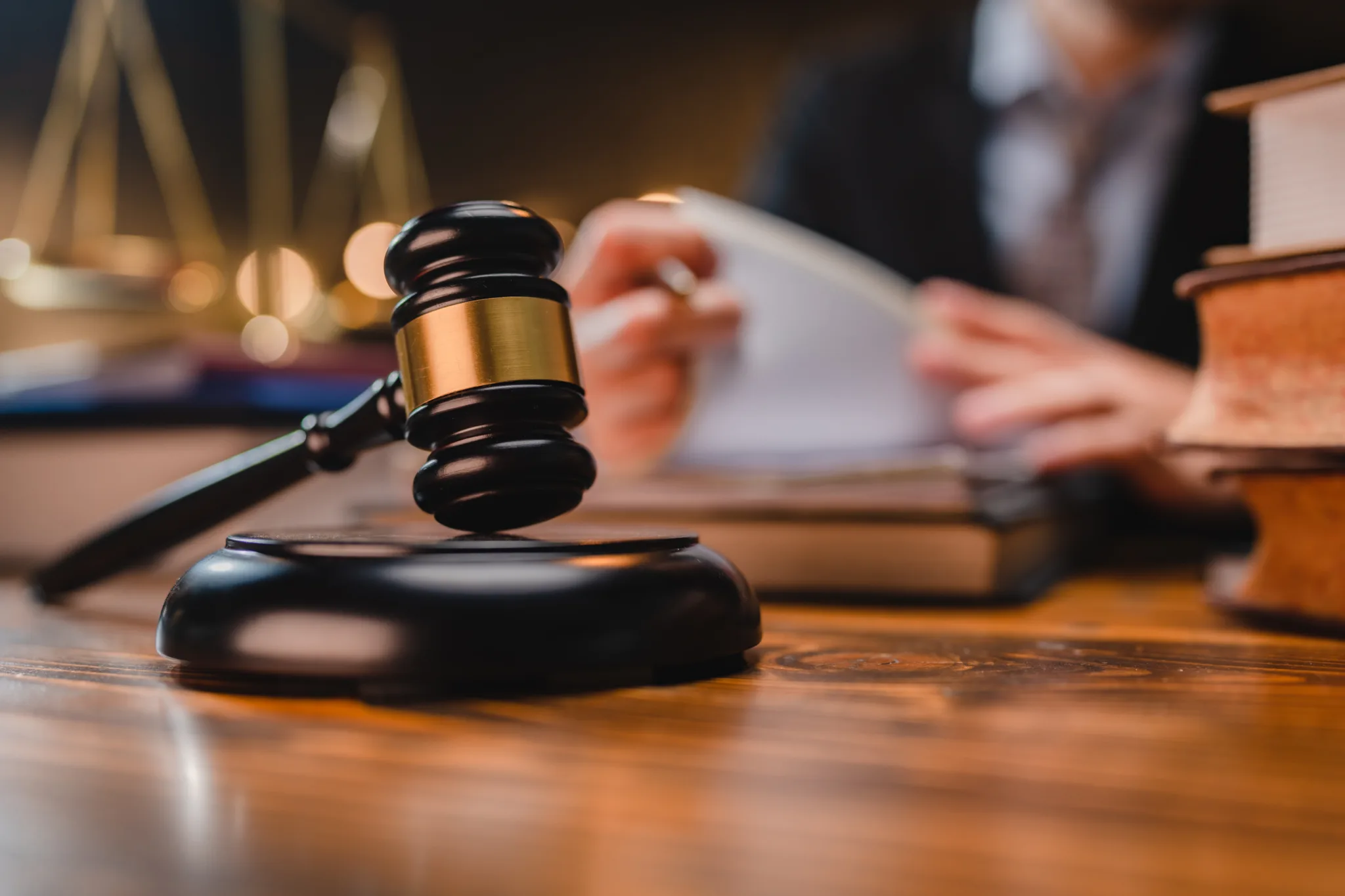A patent is a form of intellectual property that gives its owner the legal right to exclude others from making, using, or selling an invention for a limited period. In the United States, patents are granted by the U.S. Patent and Trademark Office (USPTO). To get a patent, an inventor must file a patent application with the USPTO, which contains a description of the invention and how it works.
If the USPTO grants a patent, specifically a utility patent, the inventor has the right to exclude others from making, using, or selling the invention for 20 years from the date the patent application was filed. However, the inventor must pay maintenance fees to the USPTO to keep the patent in force.
A Patent attorney helps inventors to determine whether their invention is patentable and can help them to file patent applications and to prosecute the applications before the USPTO. Patent attorneys can also help patent owners to enforce their patents in federal court.
Patent Laws and Types of Patents
There are three types of patents:
- Utility patents. These are the most common type of patents and are granted for inventions that are new and useful.
- Design patents. Granted for new, original, and ornamental designs of useful products.
- Plant patents. These patents are granted for asexually reproduced plants that are new and distinct.
Utility patents are granted only for inventions that are new, useful, and non-obvious. To be patentable, an invention must not be known or used by others in the United States, and it must not be described in a printed publication in the United States or elsewhere.
An invention is considered new if it is not known or used by others in the United States and useful if it is capable of providing a beneficial function or result. An invention is deemed to be non-obvious if it is not obvious to a person of ordinary skill in the art.
Patent law in the United States is governed by the Patent Act of 1952, which is codified in Title 35 of the United States Code. The Patent Act sets forth the requirements for patentability, including novelty, usefulness, and non-obviousness. The Act also contains provisions on patent infringement and the enforcement of patents.
The Leahy–Smith America Invents Act of 2011 (AIA) made several major changes to U.S. patent law, including switching the U.S. to a first-inventor-to-file system, establishing post-grant review procedures, and providing for inter partes review. The AIA also created a new type of patent, the covered business method patent, which is available for certain financial services inventions.
The Role of a Patent Attorney and How They Help Designers and Inventors
A patent attorney is an individual who has the specialized skills necessary to represent clients in obtaining patents and enforcing their patent rights. Patent attorneys are licensed to practice law in one or more states and must meet the requirements for admission to the bar of that particular state or multiple states. Some patent attorneys, called registered patent practitioners, also pass an exam conducted by the USPTO that makes them eligible to represent patent applicants before the USPTO.
Patent attorneys typically have a science or engineering background, as well as a law degree. The combination of their technical and legal knowledge allows them to provide their clients with a unique perspective on how to protect their inventions.
Patent attorneys help their clients obtain patents by preparing and filing patent applications with the USPTO. They also help their clients enforce their patent rights by representing them in infringement litigation. In addition, patent attorneys often advise their clients on a variety of other intellectual property matters, such as trademark and copyright protection.
Help with Patent Information
If you have a design or invention that you believe is patentable, you should consult with a patent attorney to determine whether you should file a patent application. Even if you are not sure whether your invention is patentable, a patent attorney can help you assess the risks and benefits of pursuing a patent. If you need a patent attorney, use the convenient online form to send a message.






